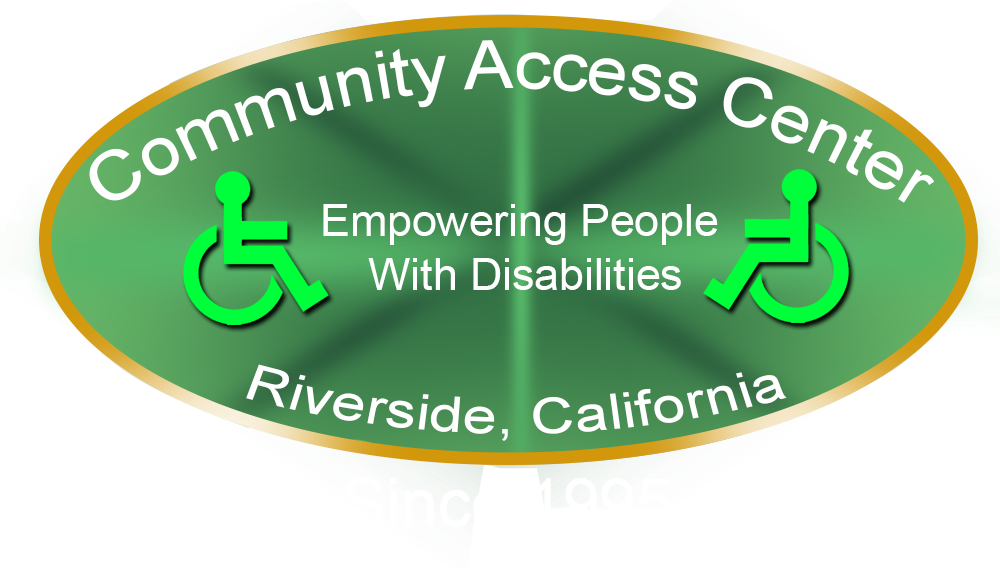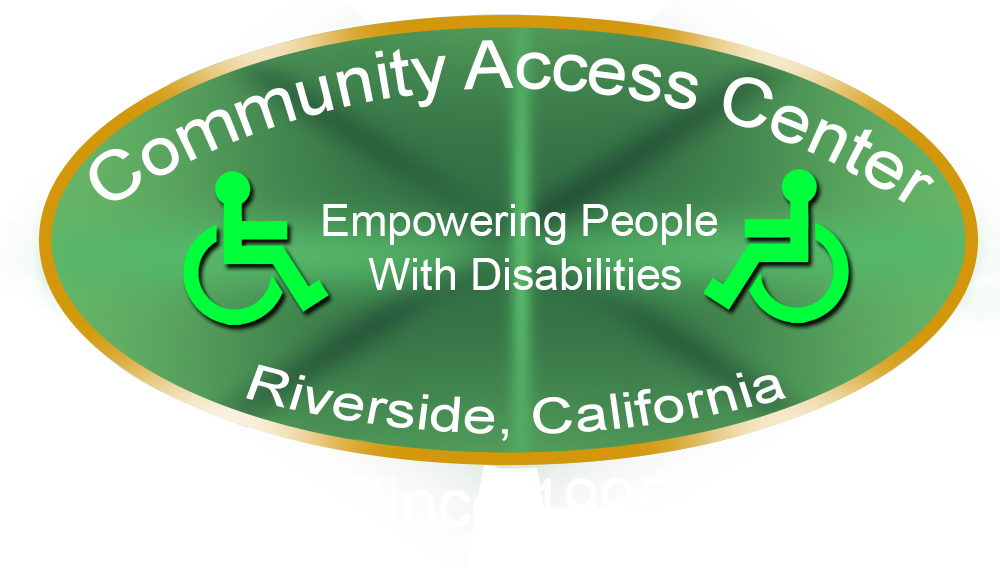
Housing
Community Access Center provides a list of housing units that are accessible and affordable, as well as assistance in applying for housing programs.
What Is Section 8?
Section 8 of the Housing Act of 1937, simply referred to as Section 8, is a federal housing assistance program in the United States, officially known as the Housing Choice Voucher Program. It is administered by the U.S. Department of Housing and Urban Development (HUD) and provides subsidies to low-income individuals and families to help them afford safe and decent housing in the private rental market.
How Section 8 Works:
1. Eligibility: To qualify for Section 8, applicants must meet specific income requirements, usually earning less than 50% of the area median income. Other factors, such as family size and citizenship status, may also be considered.
2. Application Process: Eligible individuals apply through their local Public Housing Agency (PHA). Due to high demand, there is often a waiting list, and in some areas, the list may be closed.
3. Voucher System: Once approved, participants receive a voucher that covers a portion of their rent. The amount of the voucher is determined by income, family size, and the local housing market. Tenants typically pay 30% of their adjusted gross income toward rent, and the voucher covers the rest up to a specific limit.
4. Finding Housing: Participants use their vouchers to find housing in the private rental market. The chosen rental must meet HUD’s health and safety standards, and the landlord must agree to accept the voucher.
5. Landlord Participation: Landlords who participate in the Section 8 program agree to rent their properties to voucher holders and receive the rent subsidy directly from the PHA. Not all landlords participate in Section 8, so finding suitable housing can be challenging.
6. Portability: Vouchers are generally “portable,” meaning they can be used anywhere in the U.S. where a PHA administers the program.
Benefits and Challenges:
Benefits: Section 8 helps low-income families, the elderly, and disabled individuals afford housing in neighborhoods that might otherwise be out of reach. It also allows for more freedom of choice in housing compared to living in public housing.
Challenges: Long waiting lists and the reluctance of some landlords to participate.
Section 8 is an essential tool in the U.S. for addressing housing affordability, though its effectiveness can be limited by funding, availability of suitable housing, and other factors.
Let Us Help You!
Community Access Center never charges a fee for services provided.
Investigation of discrimination claims and mediation on behalf of people with disabilities in order to resolve conflicts that impede the attainment of needed benefits and services.
Consumer Rights Notification
Every consumer of the Community Access Center has the right to appeal any decision which denies you service. (NOTE: The appeal must follow certain guidelines and time limitations; ask your service provider for a copy of the procedure). If you desire representation in addressing your concerns/dissatisfaction with the Community Access Center (CAC), you have the right to contact the Client Assistance Program (CAP) for assistance. Contact the CAP at 1(800) 776-5746, (and for the hearing impaired their TTY 1(800) 576-9269), and you will be referred to a Client Assistance Program not connected with CAC. This will prevent any potential conflict of interest.


